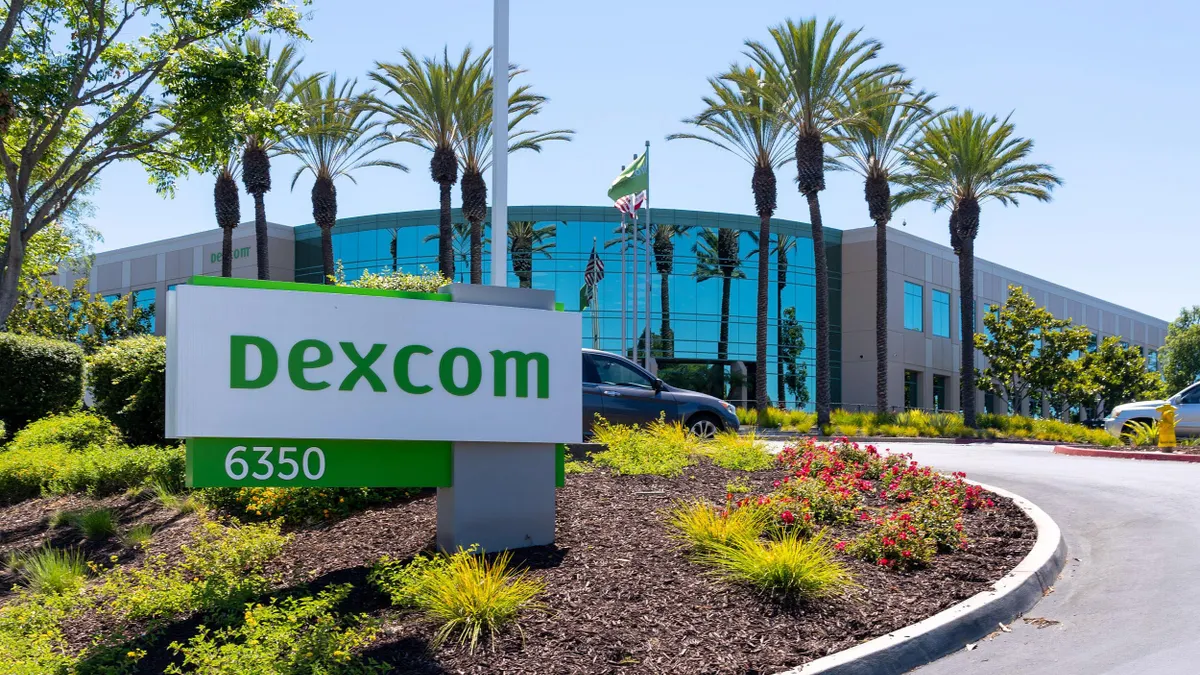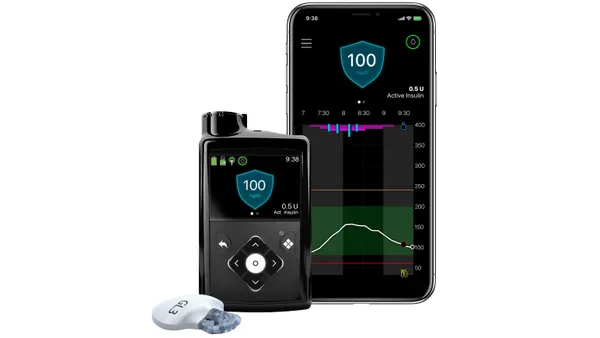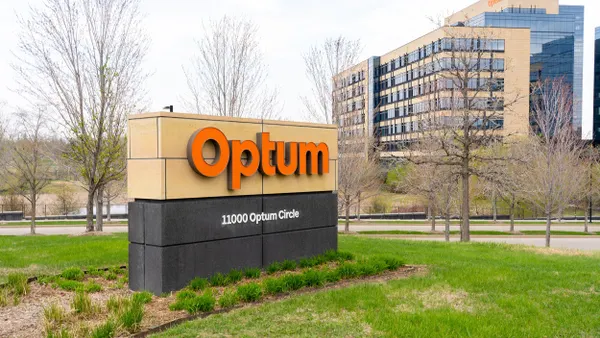Dexcom raised its sales expectations for 2025 amid expanding access to its glucose sensors for people with Type 2 diabetes. The company raised its revenue forecast to a range of $4.6 billion to about $4.63 billion for 2025, after forecasting $4.6 billion last quarter.
CFO Jereme Sylvain, on a Wednesday earnings call, attributed the change to three of the major U.S. pharmacy benefit managers now covering Dexcom’s continuous glucose monitors for people with Type 2 diabetes who don’t take insulin. The company is also looking to adoption of its over-the-counter device, Stelo, as a growth driver.
Although Dexcom does not disclose exact user numbers, outgoing CEO Kevin Sayer said the company’s Stelo app has been downloaded more than 400,000 times. Dexcom launched the over-the-counter glucose sensor last year, with the intent of marketing it to people with Type 2 diabetes who don’t take insulin. However, most of the recent uptake has been by people who don’t have diabetes and are buying the devices for health and wellness, Sayer said.
“Quite candidly, that's how we designed and developed the app, because last year, at this time, we didn't have very much of any Type 2 coverage for non-insulin users,” Sayer said. “As time has gone on, and now G7 has coverage by the three largest PBMs in the country, we're seeing a shift.”
Plans for a multi-analyte sensor
Dexcom’s main competitor, Abbott, has been working on a dual-analyte sensor that can detect both glucose and ketone levels. The company struck several planned integrations leading up to the American Diabetes Association’s Scientific Sessions last month.
When asked about plans for Dexcom’s next flagship CGM, the G8, Chief Operating Officer Jake Leach, who will take over as CEO at the beginning of next year, said the sensor will be 50% smaller and will include a chip that supports multiple analyte sensing. He did not share the timing for the device.
Leach said that there have been a lot of recent discussions around the clinical utility of measuring ketones simultaneously with glucose. Dexcom has a ketone sensor in development, “and we'll bring it to the market when we feel it's appropriate,” Leach said. “But at this point in time, we're very focused on features that extend safety and ease of use for both our patients as well as the prescribing physicians.”
Regulatory updates
Dexcom is still working with the Food and Drug Administration on resolving a warning letter the company received in March, which raised concerns with a design change Dexcom made to a component used in its sensors without submitting a premarket notification to the FDA. Dexcom had begun to produce a chemical internally for its sensor wires to add redundancy to its supply chain, but reverted back to the external supplier after the FDA requested a separate 510(k) submission, J.P. Morgan analyst Robbie Marcus wrote in March.
The company has made “quite a bit of progress” in updating its processes and documentation to address the FDA’s concerns, Leach said.
Dexcom is also resolving a recall where receivers for its CGMs may not sound an audible alarm for low or high blood sugar levels. Sylvain said the company will be swapping out some receivers. The CFO said Dexcom recorded a charge in the second quarter that had a 100-basis-point impact on its quarterly results.














